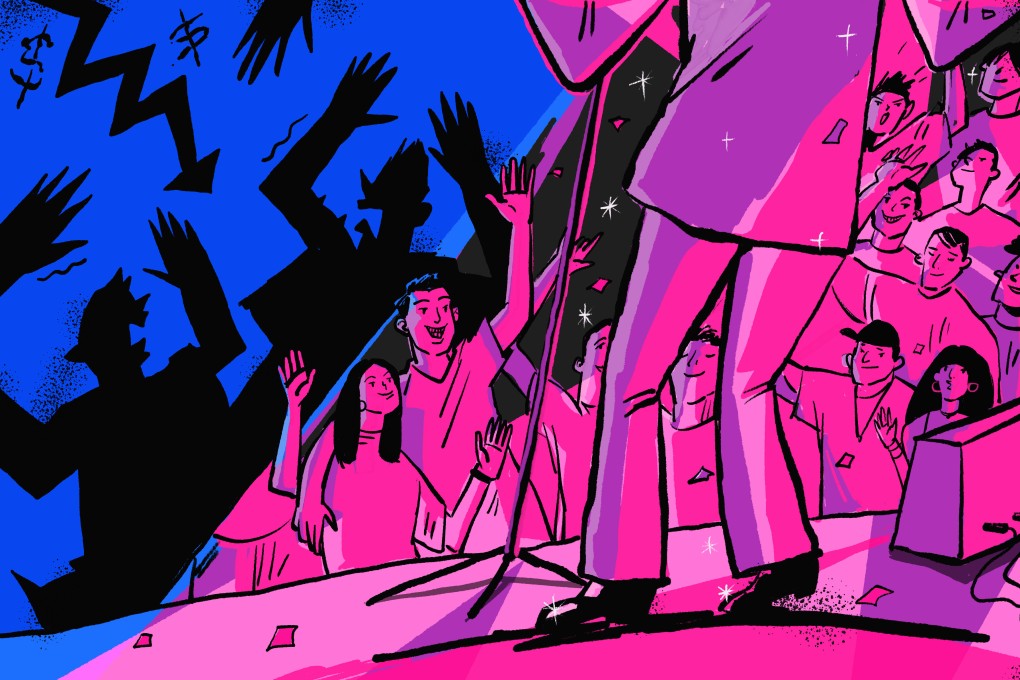China’s concertgoers splash the cash, but is revenge spending sustainable to rock the economy?
- More than 500 large-scale concerts and music festivals have been held in China since the start of the year, bringing in 2.5 billion yuan (US$350 million) in ticket sales
- Beijing had hoped consumption could be a primary driver for China’s economic recovery, but analysts have questioned its sustainability

Since China lifted its coronavirus-related restrictions in December and entertainment venues were once again allowed to open for business, in-person activities have been in high demand, with fans frantically seeking spare concert tickets.
“It’s like a feeling of rediscovered appreciation, and is a form of revenge spending,” said recent college graduate Liu Ying.
The 22-year-old has attended three concerts this year, spending over 7,000 yuan (US$980) on tickets.
[The pandemic] made me realise that life is about living in the present and embracing as many experiences as possible
“Prior to the pandemic, I didn’t consider it necessary, but afterwards, I realised that opportunities such as attending concerts and travelling can sometimes be once-in-a-lifetime,” she added.
“[The pandemic] made me realise that life is about living in the present and embracing as many experiences as possible.”
